Two-thirds of Brits still don’t trust banks
Ten years on from the financial crisis, survey finds trust for banking system in short supply
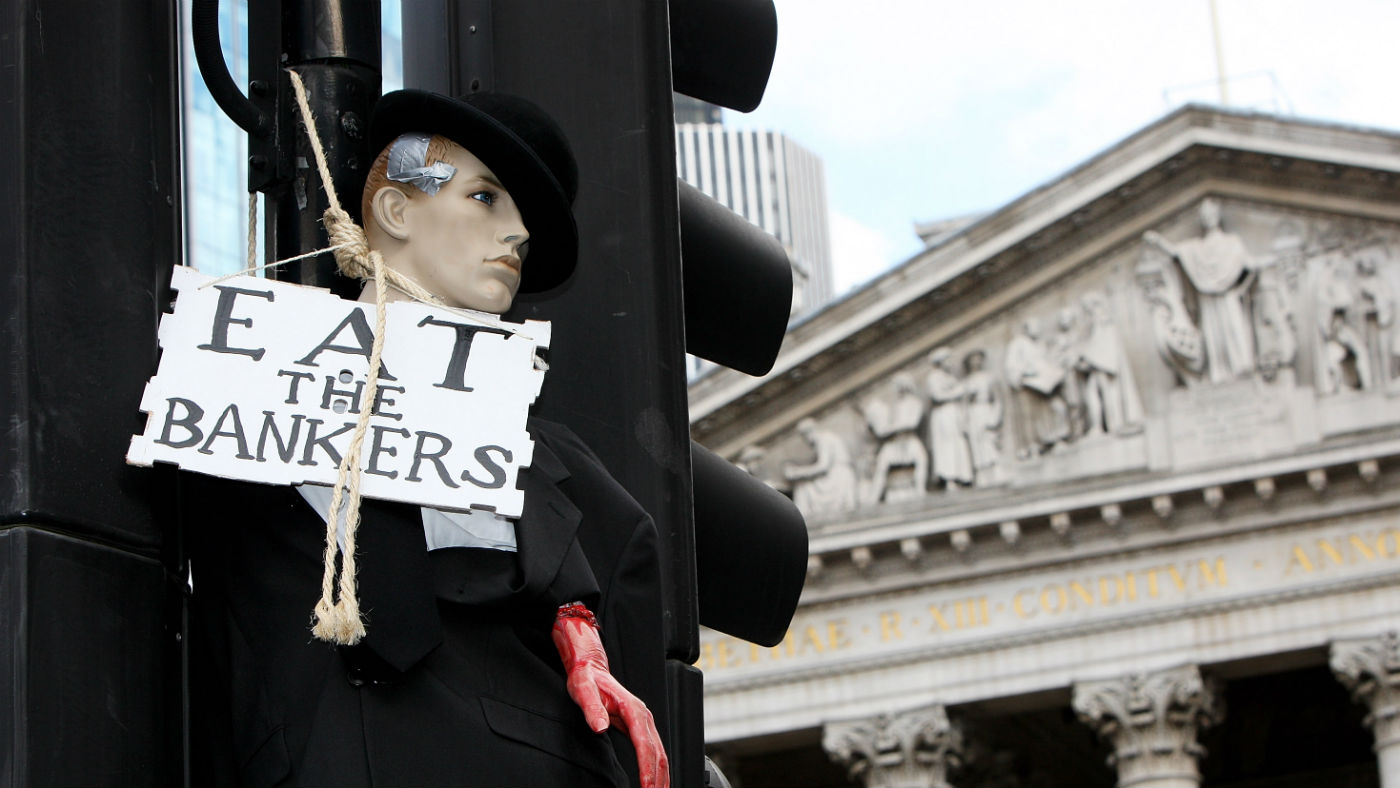
A free daily email with the biggest news stories of the day – and the best features from TheWeek.com
You are now subscribed
Your newsletter sign-up was successful
Ten years on from the collapse of Lehman Brothers, two-thirds of Britons still do not trust banks and think they did not face severe enough penalties for their part in the financial crisis, a survey has shown.
The YouGov poll on behalf of campaign group Positive Money found 66% of adults in Britain do not have faith in banks to work in the best interest of society, while 72% believe banks should have faced more severe penalties for their role in the 2008 crash, which led to a decade of austerity.
Many are also critical of the £45.5 billion public bailout of RBS, which on Wednesday resumed paying dividends for the first time since the height of the crisis in a bid to attract investors.
The Week
Escape your echo chamber. Get the facts behind the news, plus analysis from multiple perspectives.

Sign up for The Week's Free Newsletters
From our morning news briefing to a weekly Good News Newsletter, get the best of The Week delivered directly to your inbox.
From our morning news briefing to a weekly Good News Newsletter, get the best of The Week delivered directly to your inbox.
Since 2008, banks globally have paid the price financially and reputationally, paying out more than £252 billion in fines as regulators probed them for mis-selling securities and rigging interest rate and foreign exchange rate benchmarks.
They have also undergone a series of reforms and been subject to stronger regulation; increasing levels of capital banks hold, separating depositors’ money from riskier investment banking activity, and making senior bankers more accountable.
Yet despite years of restructuring and paying fines and compensation for misbehavior, the survey “underlines the extent to which banks still have to work to rebuild trust” says Reuters.
“This should not come as a surprise” says Postive Money’s Simon Youel in Left Foot Forward.
A free daily email with the biggest news stories of the day – and the best features from TheWeek.com
“Banking behaviour is still irresponsible, unfair and neglectful” he writes. “Banks have not changed their lending habits, and continue to divert funds towards speculation on property and other financial assets rather than the productive economy”.
On top of that, “bankers are continuing to pay themselves huge bonuses, while living standards have stagnated for everyone else” he adds.
That is perhaps why, despite much touted reforms over the past decade, 63% of the public are worried that banks may cause another financial crisis.
-
 Political cartoons for February 15
Political cartoons for February 15Cartoons Sunday's political cartoons include political ventriloquism, Europe in the middle, and more
-
 The broken water companies failing England and Wales
The broken water companies failing England and WalesExplainer With rising bills, deteriorating river health and a lack of investment, regulators face an uphill battle to stabilise the industry
-
 A thrilling foodie city in northern Japan
A thrilling foodie city in northern JapanThe Week Recommends The food scene here is ‘unspoilt’ and ‘fun’
-
 French finances: what’s behind country’s debt problem?
French finances: what’s behind country’s debt problem?The Explainer Political paralysis has led to higher borrowing costs and blocked urgent deficit-reducing reforms to social protection
-
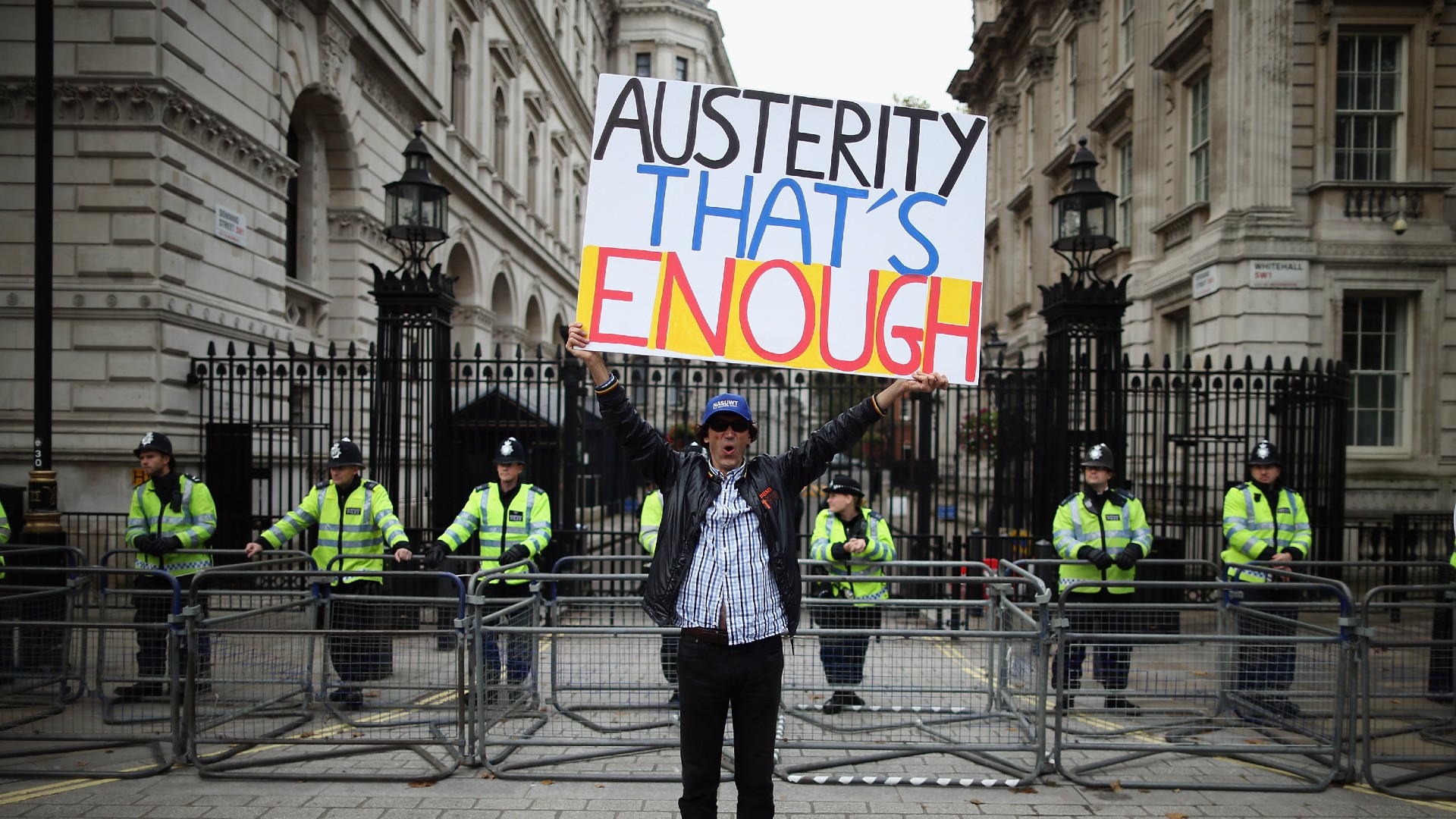 New austerity: can public services take any more cuts?
New austerity: can public services take any more cuts?Today's Big Question Some government departments already 'in last chance saloon', say unions, as Conservative tax-cutting plans 'hang in the balance'
-
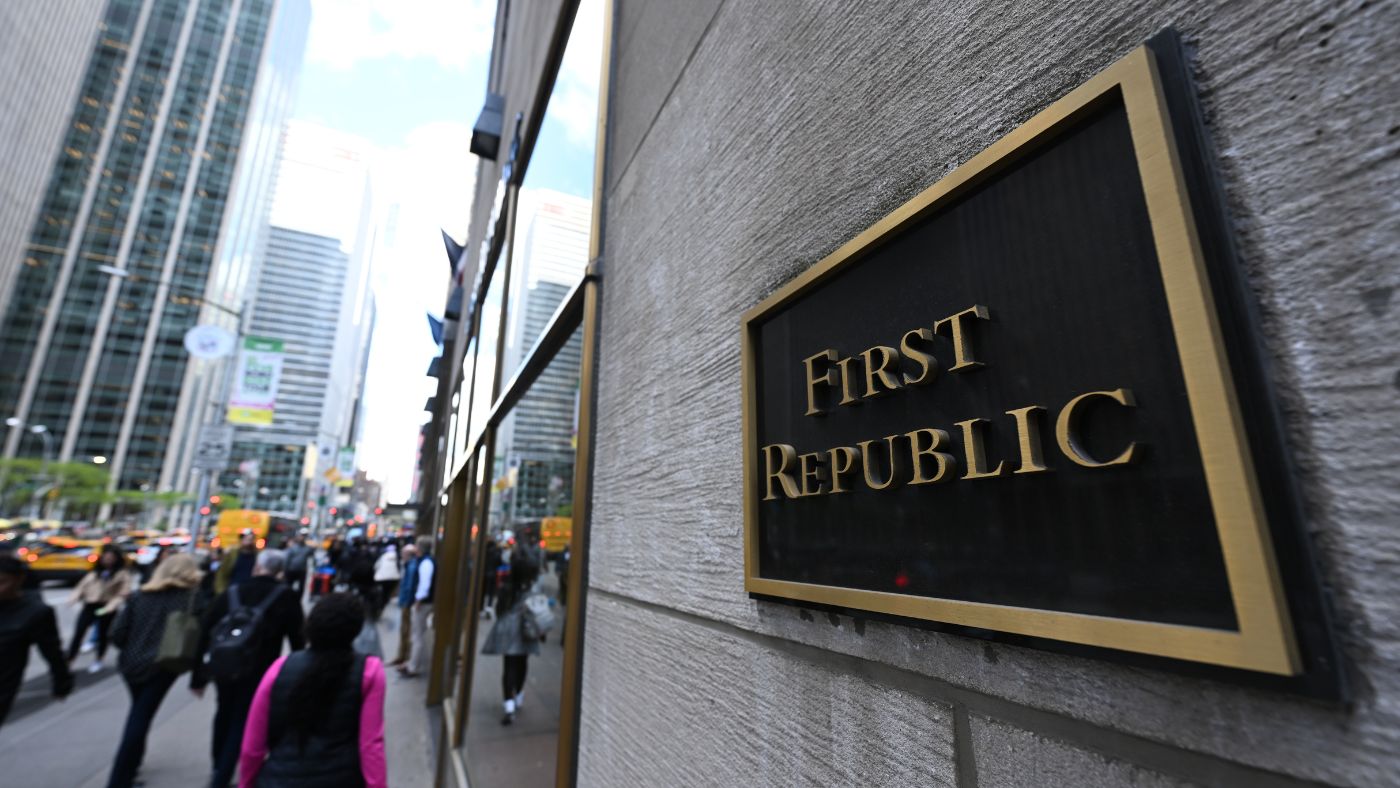 First Republic: will UK banks survive unscathed?
First Republic: will UK banks survive unscathed?Under the Radar US shares dip after collapse of third regional bank, but experts say contagion to the UK is unlikely
-
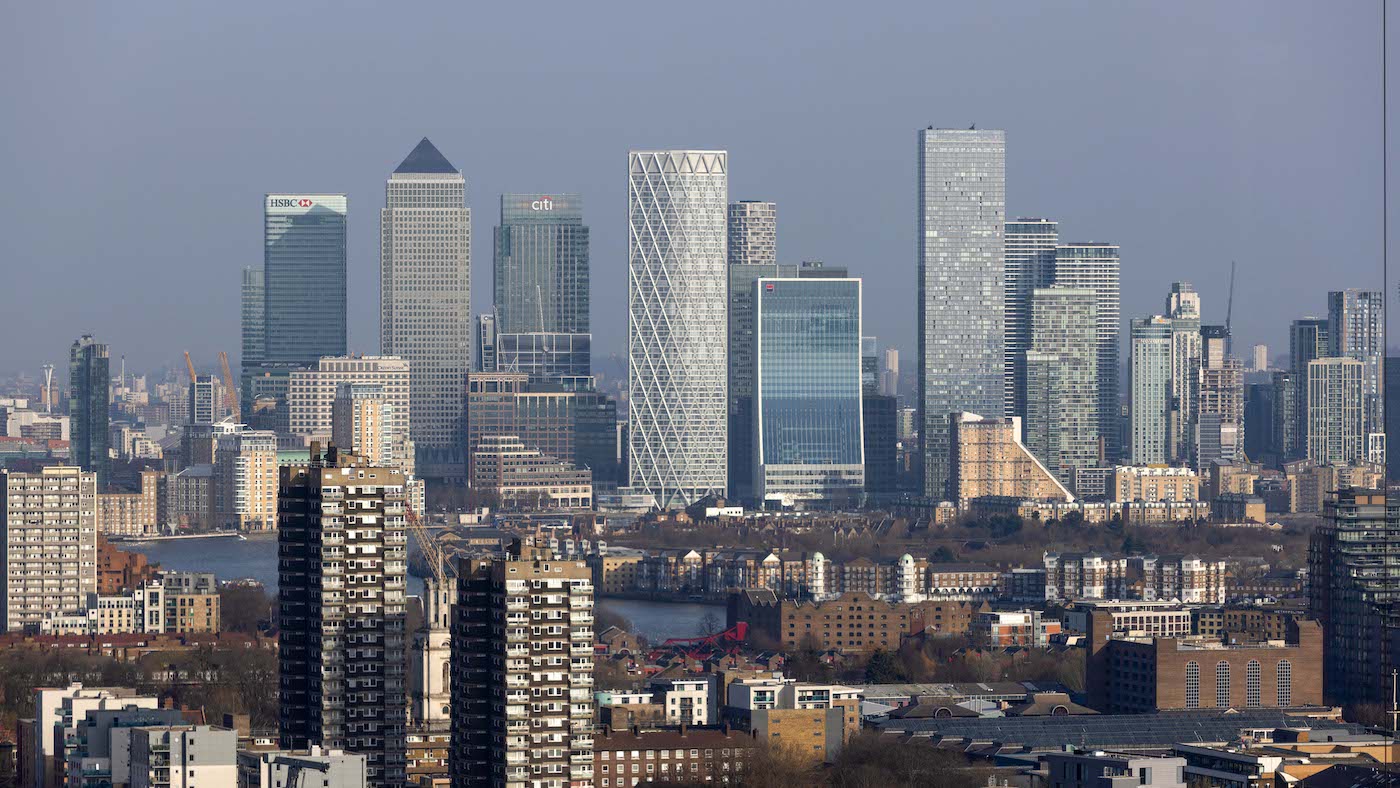 Should the UK relax bank ring-fencing rules?
Should the UK relax bank ring-fencing rules?Talking Point Treasury minister said he hopes to ‘boost competitiveness’ in the City with easing of regulations
-
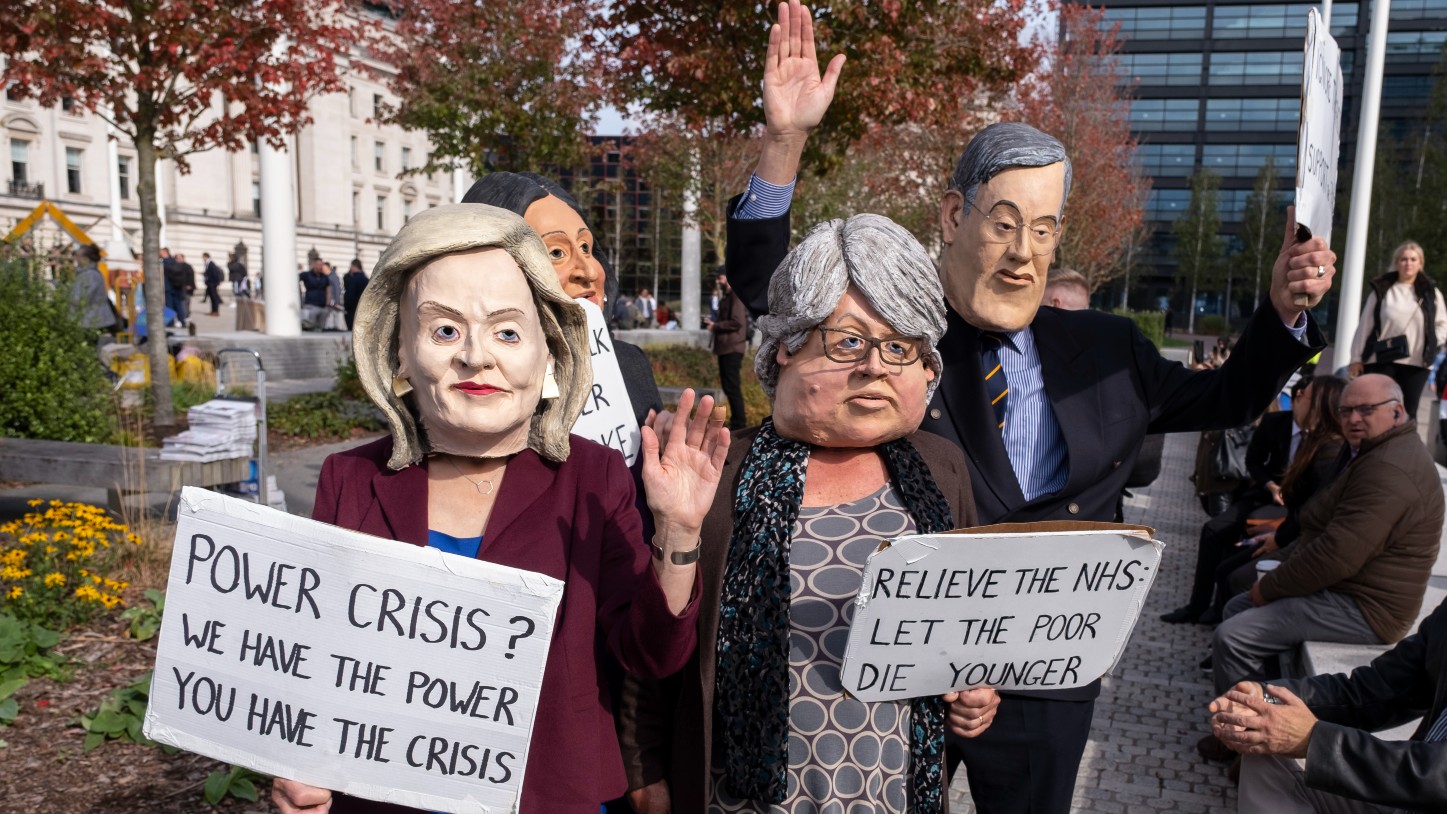 Liz Truss and Kwasi Kwarteng’s supply-side reforms
Liz Truss and Kwasi Kwarteng’s supply-side reformsfeature PM and chancellor are banking on cuts to regulations and tax in bid to stimulate growth
-
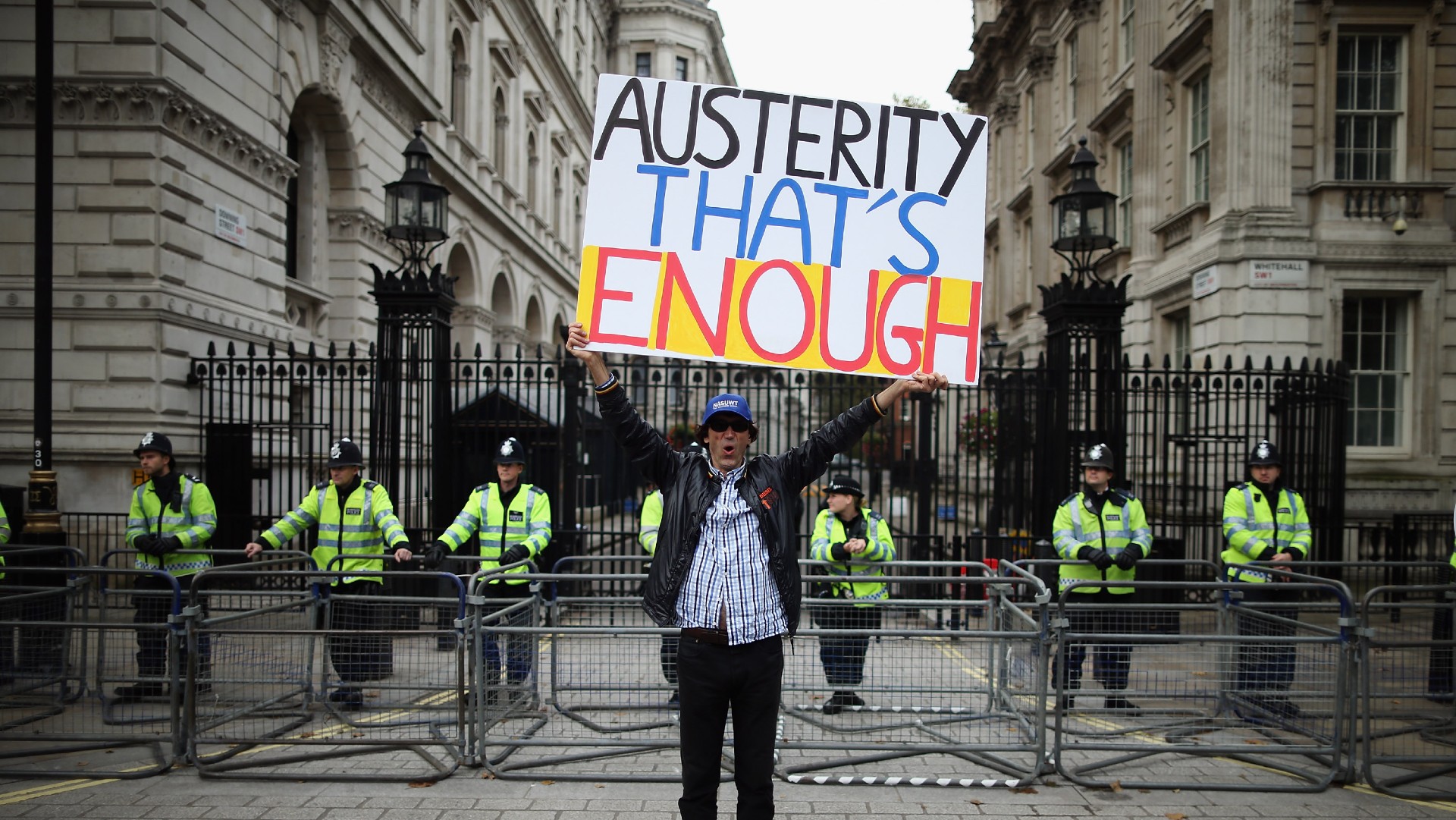 Do Tory tax cuts herald return of austerity?
Do Tory tax cuts herald return of austerity?Today's Big Question Chancellor U-turns on scrapping top rate tax but urges ministers to make public spending cuts
-
 Should caps on bankers’ bonuses be scrapped?
Should caps on bankers’ bonuses be scrapped?Talking Point New chancellor Kwasi Kwarteng believed to be planning contentious move to ‘boost the City’
-
 Labour shortages: the ‘most urgent problem’ facing the UK economy right now
Labour shortages: the ‘most urgent problem’ facing the UK economy right nowSpeed Read Britain is currently in the grip of an ‘employment crisis’